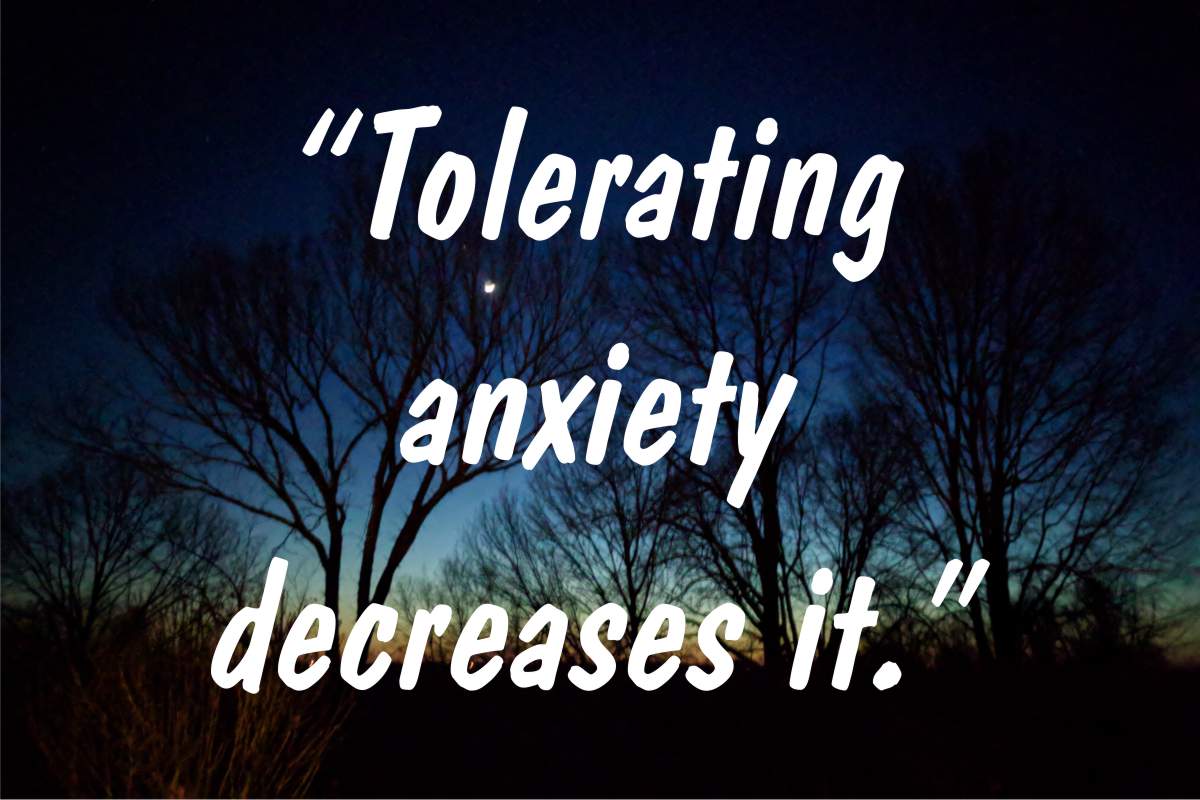










Popular Articles
Crazy-Makers: Dealing with Passive-Aggressive People
Why Are People Mean? Don't Take It Personally!
Struggling to Forgive: An Inability to Grieve
The Secret of Happiness: Let It Find You (But Make the Effort)
20 Steps to Better Self-Esteem
7 Rules and 8 Methods for Responding to Passive-aggressive People
What to Do When Your Jealousy Threatens to Destroy Your Marriage
Guide to How to Set Achieveable Goals
Catastrophe? Or Inconvenience?
Popular Audios
Audio Version of Article: Crazy-Makers: Passive-Aggressive People
Audio Version of Article: Why Are People Mean? Don't Take It Personally!
15 Coping Statements for Panic and Anxiety
by Monica A. Frank, PhD
Coping statements can be part of your strategy to manage anxiety. What are coping statements? When you struggle with anxiety you are usually engaging in fearful and/or inaccurate self-talk which tends to increase the anxiety. The purpose of coping statements is to counter this anxious self-talk.
This series provides an explanation of some common coping statements. The best way to use them is to identify the ones that are most calming to you and repeat them over and over when you are anxious sort of like a mantra. Combining a single statement with taking slow breaths can be particularly helpful.
Coping statement #13: “Tolerating anxiety decreases it.”
The number one attitude most of my clients have towards anxiety is “I can't stand this! Tell me how to get rid of it!” Then, they think I'm crazy when I tell them, “I can't do that. But I can teach you how to tolerate it.” The last thing in the world they want to hear is they need to learn how to tolerate it: “But I am tolerating it! I have to put up with it every day!”
The concept of tolerating anxiety is frequently misunderstood initially but I would probably be even more misunderstood if I said, “You need to become friends with your anxiety.” If you have read the previous coping statements, a common theme is that the more you focus on anxiety and the more you try to get rid of it or control it, the worse it becomes. So, what is the opposite of that? Accepting the anxiety, listening to it and learning to understand its role and purpose is part of developing a normal relationship with the anxiety.
Think of it like the relationships you have with people. Have you ever met someone you can't stand to be near? Yet, if you take the time to know the person and have compassion for how that person came to be the way s/he is, you find yourself more able to tolerate the annoying behavior? Maybe even able to accept the “quirks” and like the person for other characteristics?
Anxiety is like that. If you can learn to look past the annoying parts of the anxiety, you may find that it can provide you with very useful information. Sometimes it may not be information you want to hear but it's purpose is to help you.
For instance, one of my first clients was a woman with panic attacks who said in the first visit, “I'm a stay-at-home mom and that is not up for discussion.” Surprised at the passion of her statement, I accepted it and just asked what she wanted from therapy—how she wanted her life to be different. It took her several months of me continuing to ask that question but one day she brought in a list with the top item being “go to law school.” After that she was no longer having panic attacks because she had finally listened to what she wanted rather than suppressing it because of what she thought she should do.
What the anxiety is trying to say isn't the same for everyone but there is often an underlying message. Sometimes a person might be at odds with herself, sometimes it may be an interpersonal conflict, sometimes it may be a fear of the possible future or of death, or a host of other possibilities.
I do realize there are some people whose regulatory system is so off that they may have symptoms for no apparent reason and the cognitive-behavioral approach isn't enough. However, even in those cases learning to tolerate anxiety can be useful. But for many other people with anxiety problems, learning to think differently about the anxiety can aid tremendously.
Developing tolerance of anxiety can be accomplished through changing your thinking about anxiety and learning a mindful approach to anxiety. The following resources on this website can help you learn more:
Permission to reprint this article for non-commercial use is granted if it includes this entire copyright and an active link.














